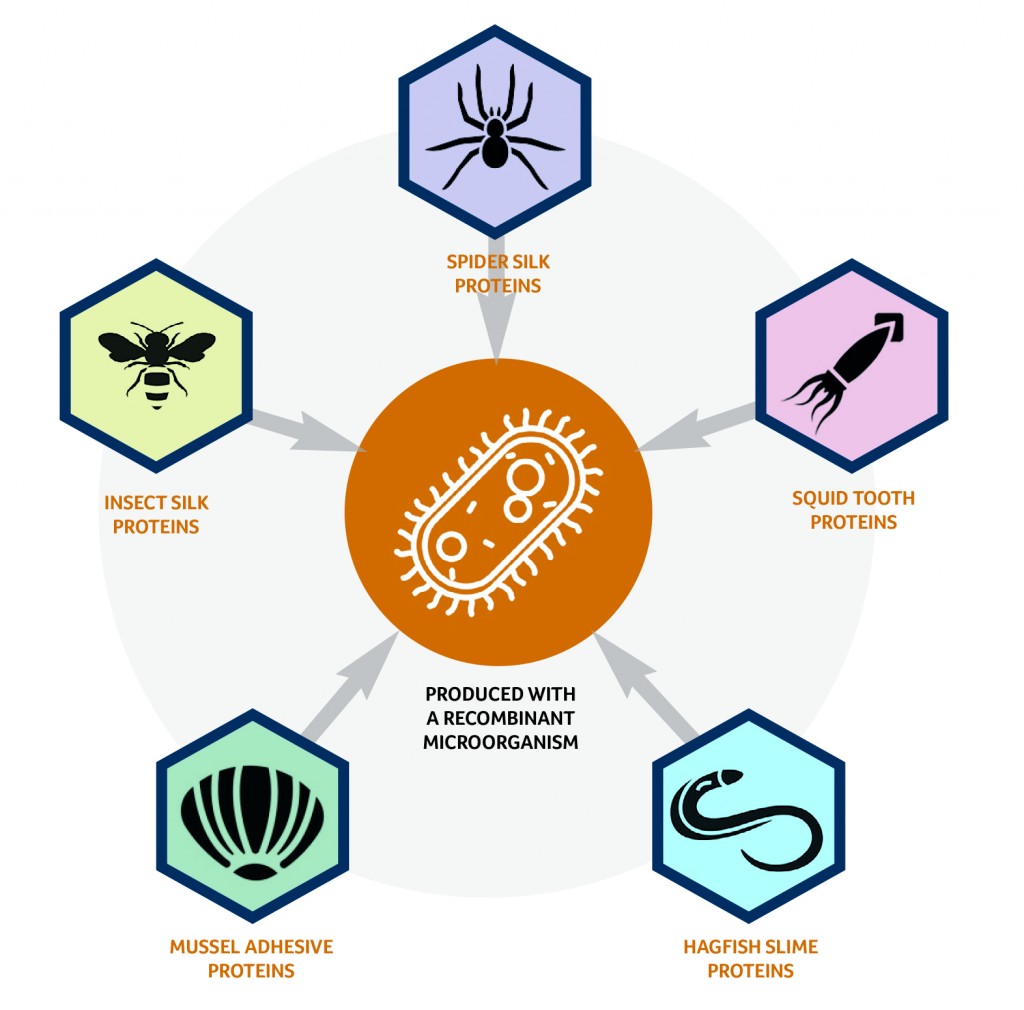- Get directions
- Leave a review
- Claim listing
- Bookmark
- Share
- Report
- prev
- next
- Tuesday, April 20, 2021 @ 10:00 am
Industrial biotechnology (IB) is much more than green fuel in a dirty economy. It is an indispensable enabling technology and a key industry for the 21st century. It uses the precision and power of biological systems to produce and process materials, chemicals and energy. We expect that at least 20% of all organic chemical products and processes can and will be replaced by biotechnological processes.


Willy Gehrer, President and Hans-Peter Meyer, Head, Working Group Biotechnology
Swiss Academy of Engineering Sciences SATW
One development that triggered this initiative to explore greener options was the loss in manufacturing know-how and production capacities in IB we observed both in Switzerland and other Western countries. This was due to the transfer of processes and technologies for the production of antibiotics, small molecule drugs and their intermediates to low-cost countries with different sustainability standards.
Reversing the offshore trend
Our vision has long been that one key ingredient to reverse the offshoring trend would be the application of biotechnology to organic chemistry and production. This is a key ingredient to meet cost and environmental prerequisites in the manufacturing of organic chemicals including those mentioned above.
In the meantime, COVID-19 has mercilessly revealed a problem, which existed for many years long before the pandemic crisis and is directly related to this transfer of processes and technologies: namely the shortage of drugs in Switzerland, particularly generics and off-patents basic medications [https://www.drugshortage.ch/].
IB is an indispensable enabling technology and a key industry for the 21st century. It uses the precision and power of biological systems to produce and process materials, chemicals and energy. IB is also referred to as white biotechnology, as opposed to red biotechnology which describes the biotechnological production of large parenteral proteins such as monoclonal antibodies, tissue engineering or cell therapies.
The global biotechnology market grew to around USD 420B in 2018 and is expected to grow at over 8% CAGR over the next few years. And these figures tend not to include products produced by chimeric (chemical-biotechnological) processes, where biotechnology is only one of several manufacturing technologies used for a given product. It is expected that at least 20% of all (organic) chemical products and processes can and will be replaced by biotechnological processes.
“Ultimately, industrial biotechnology is about improving the manufacturing industry’s performance, energy efficiency and product value and thus yielding viable sustainable solutions to protect our environment.”
Industrial biotechnology is much more than green fuel in a dirty economy
Industrial biotechnology uses enzymes and microorganisms to produce products in many different markets and applications such as small molecule drugs, fine chemicals, cosmetics and personal care, plant protection which all have different economic drivers. Swiss companies, which could exploit the great potential IB is offering, include those producing organic chemicals (Bachem, Clariant, Dottikon, Lonza, Siegfried, Spirochem), plant protection products (Syngenta), flavor & fragrance (Firmenich, Givaudan, Evolva), just to mention a few.
Ultimately, IB is about improving the manufacturing industry’s performance, energy efficiency and product value and thus yielding viable sustainable solutions to protect our environment for yielding intermediates, small molecule APIs, vitamins & nutraceuticals and other products.
And it is needed for many reasons:
- Natural raw materials for the flavor & fragrance sector become scarce due to climate change and overuse.
- The E-factor (kg of waste generated per kg of product) for organic chemical synthesis of fine chemicals in many cases is
unacceptably high. - The increasing complexity of the molecules requires the corresponding new precision tools offered by biotechnology.
- Customers request green products. Sustainable manufacturing and reduction of manufacturing footprints are put in place all over the world.
Figure 1: Representative example of an industrial biotechnology (IB) application
IB: The manufacturing of interesting animal protein biopolymers with recombinant microorganisms for high performance applications in medical technology, lightweight constructions, textiles, cosmetics or other industries. But these are very recent projects and with very few products marketed. So far, one of the largest application of these proteins is, surprisingly, in cosmetics. The Swiss flavor & fragrance company Givaudan for example uses silk proteins in hair and skin care products. Or, based on animal protein polymers, novel innovative proteins are designed and produced recombinantly via microbial fermentation to be used as inks for 3D bioprinting (Innosuisse Project: 35545.1 IP-LS –Impulse).
Organic chemistry must be reinvented
Granted, the chemo- and metal catalysis of over twenty marketed small molecule pharmaceuticals, among them block busters, was replaced by a chemo-enzymatic synthesis. Granted, the application of biotechnological manufacturing principles for the production of a few selected perfumery ingredients have been realized. Despite these achievements and success stories, the application of biotechnology to chemistry remains a slow and uphill battle.
Finally, how does Switzerland compare in a European or global context? Switzerland is one of the leading healthcare biotech hubs of Europe and the world, while the manufacturing capacity for parenteral proteins such as monoclonal antibodies, vaccines, cell and gene therapies has been steadily expanding. At the same time, Switzerland has established a strong academic basis, globally successful companies and strong associations representing the industry.
Developing the IB sector: a joint effort between the SATW and Swiss Biotech Association
The situation for IB is quite different from the one for healthcare biotech. Unlike most European countries, we do not have an industrial biotech cluster nor a national strategy for IB and the sector is characterized by limited transparency and lack of data. Products from renewable feedstocks are a key driver for pushing IB forward in Europe and access to agricultural commodities at competitive prices is a top priority for IB. However, at this point we can speculate that that the sustainable manufacturing of higher value chemicals through IB must have a priority in Switzerland. While other applications might not be competitive in Switzerland (e.g. due to the lack of resources or high-cost level), Switzerland can participate in the value creation through licensing deals when the application is implemented successfully in other countries.
To improve the situation the Swiss Biotech Association and the Swiss Academy of Engineering Sciences (SATW) collaborate in a joint initiative called, “Development of Swiss Biotechnology beyond the Biopharmaceutical Sector”. The main objective of this initiative is to support the formation of an IB cluster, to connect the stakeholders and to identify the needs and challenges to which Switzerland could contribute innovative solutions. The results of the discussions will be periodically made public on the Swiss Biotech Association and SATW websites. If you are interested do not hesitate to contact us.
The vision and mission of the SATW
SATW is a network of outstanding experts. As engineers and applied scientists, the members of SATW want to contribute to the progress and competitiveness of the Swiss economy. Identifying promising technologies and assembling the best experts to foster innovation and to position Switzerland in a leading role, is one of the key goals of the academy.
With its knowledge, SATW informs politicians and other decision makers in a most neutral way as an honest information broker. In complex fields such as cyber security or the access to data for new applications in artificial intelligence, SATW helps to define nationwide strategies and regulations supporting IB in Switzerland. SATW is also the leading organization for encouraging young women to pursue a career in a technical field.
